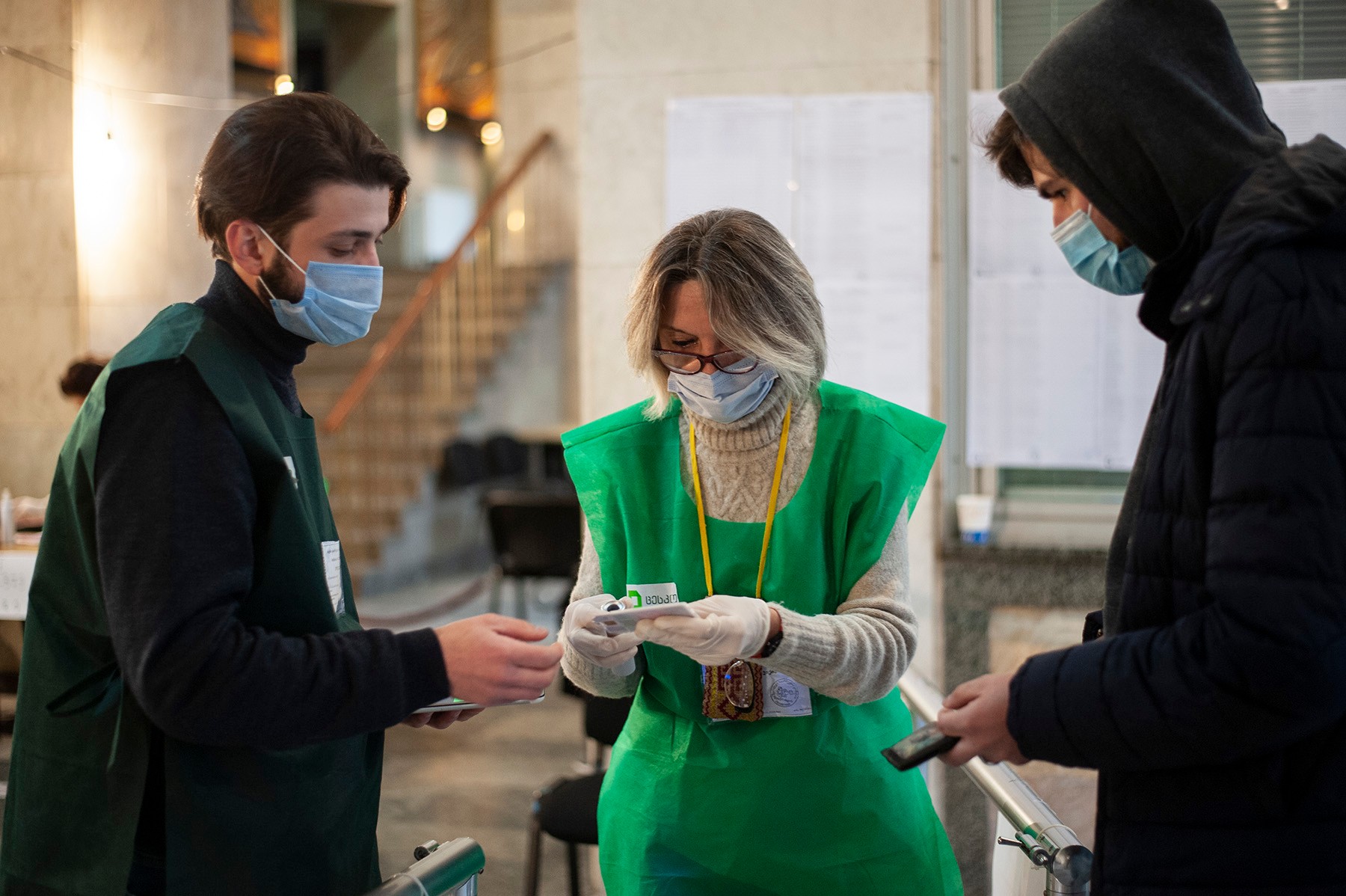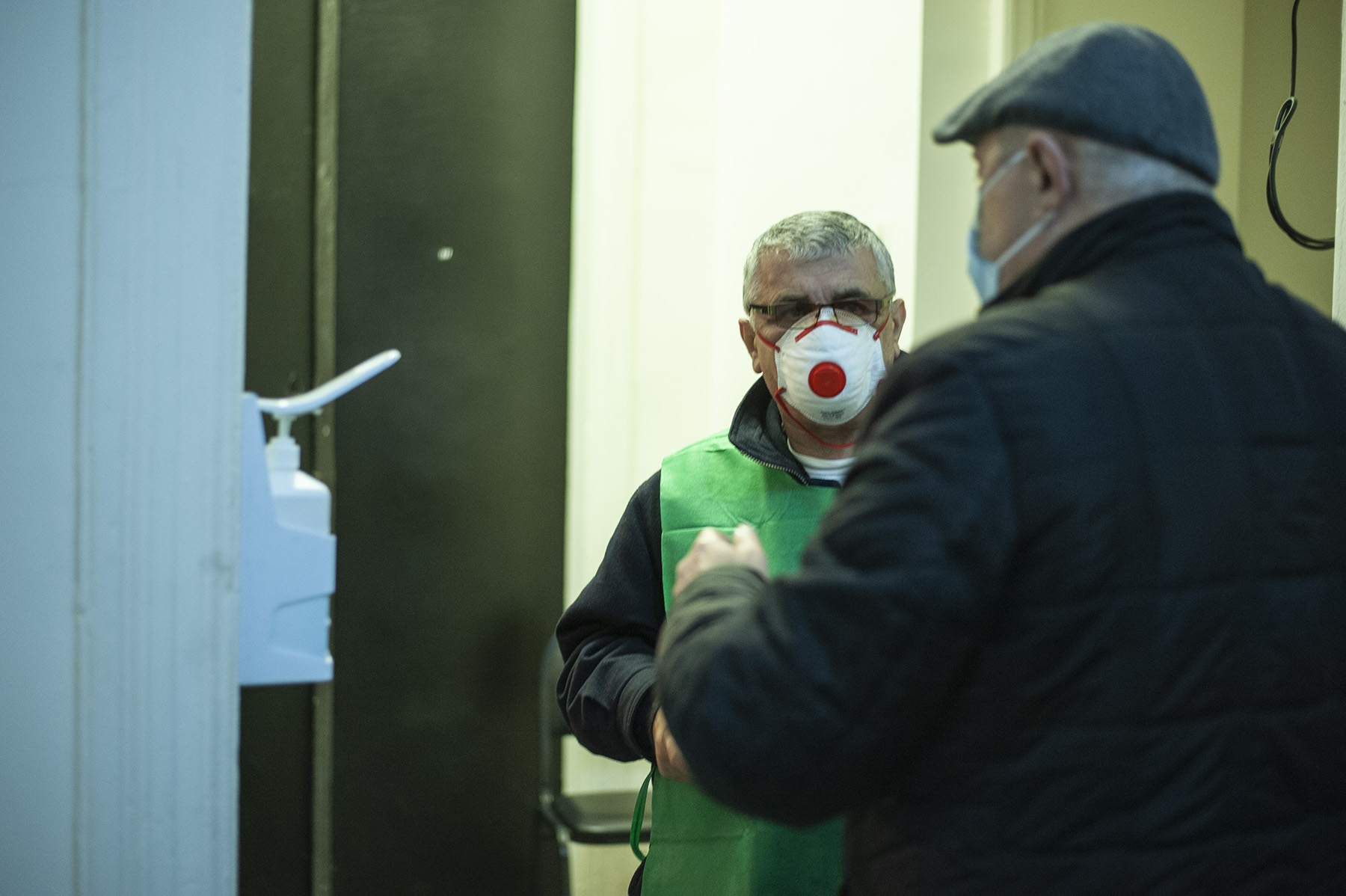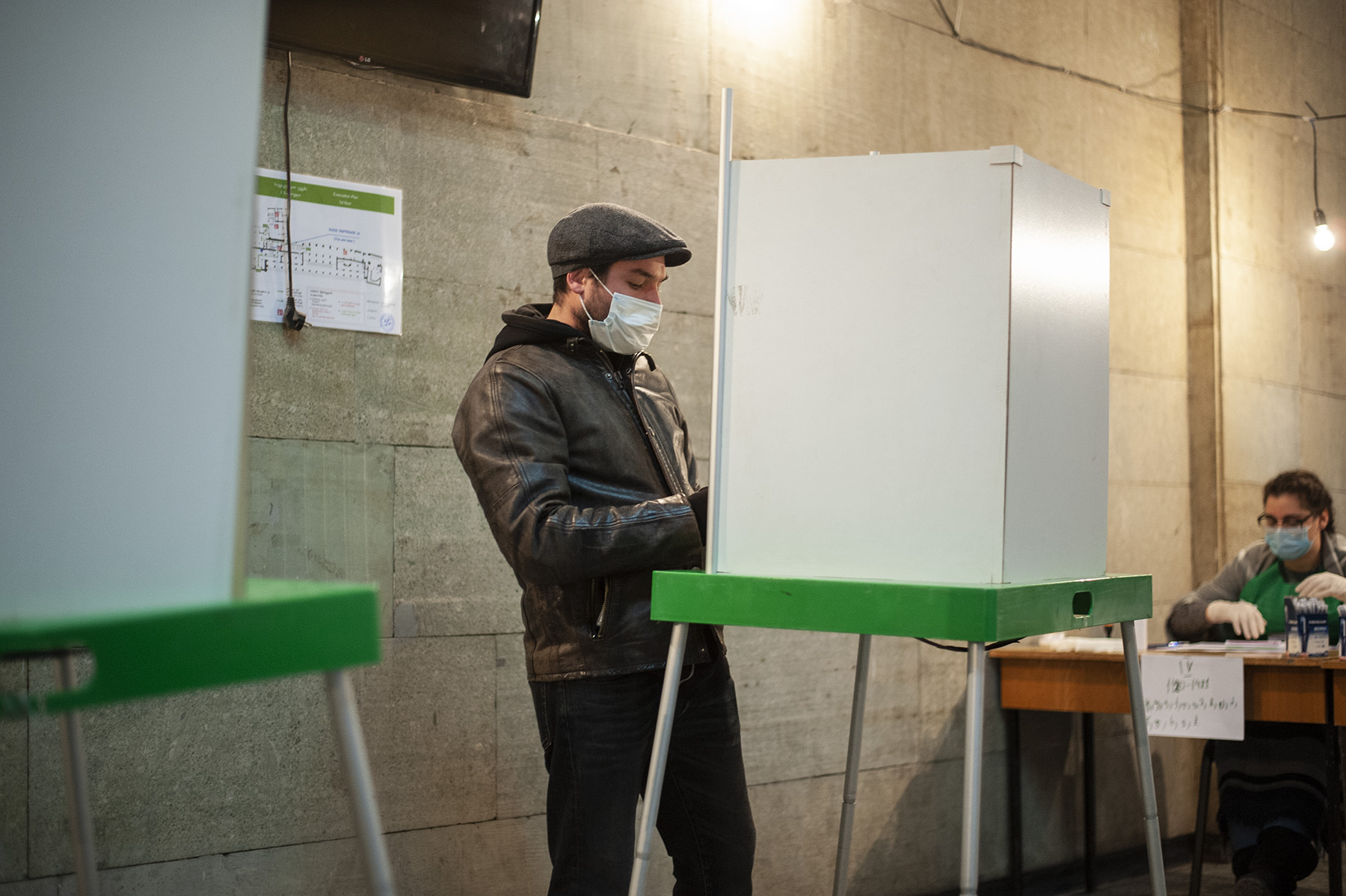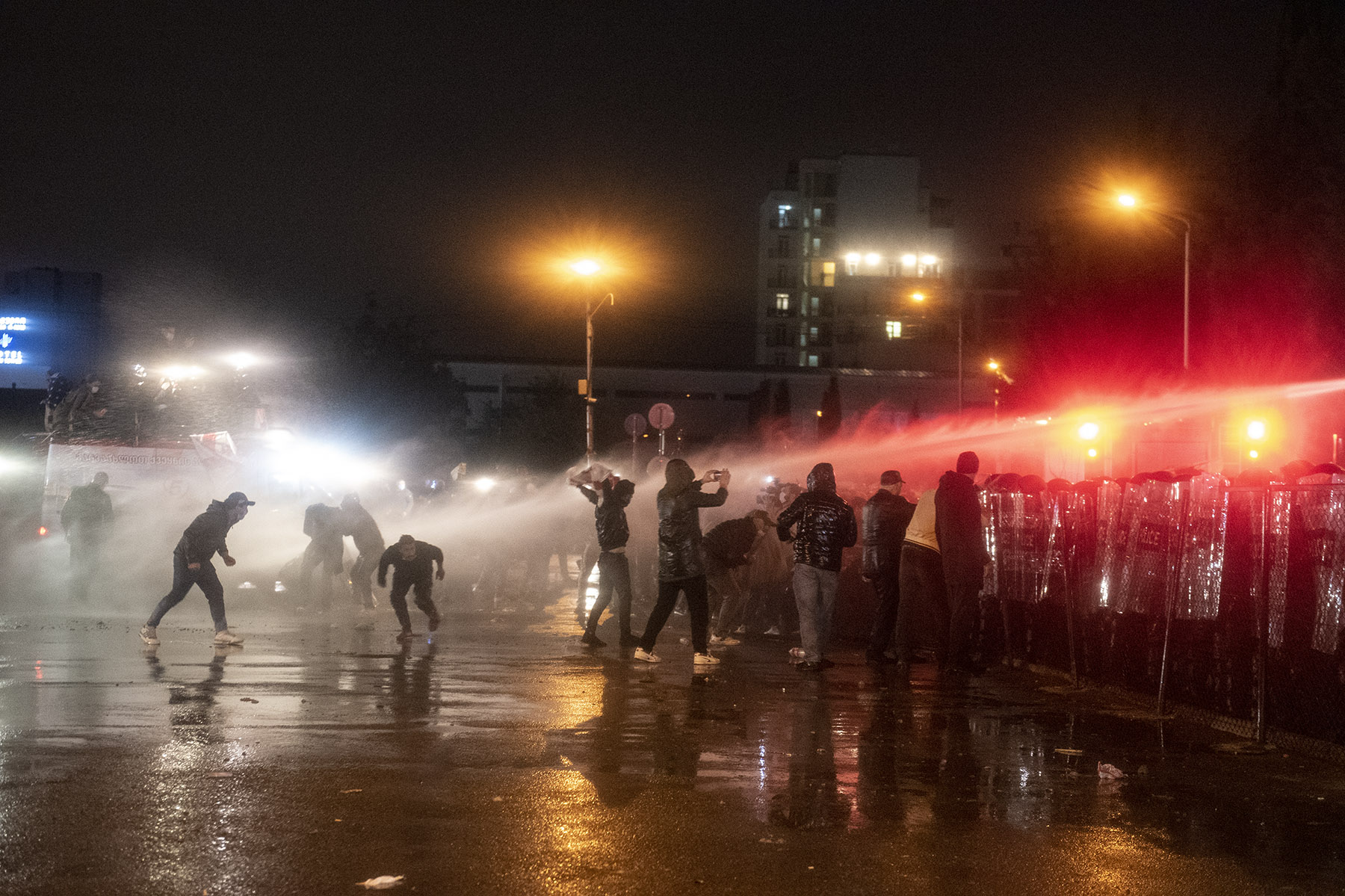
Georgians are going to the polls for the second round of parliamentary elections in several districts of the country.
While opposition candidates remain on the ballots, all major opposition groups have boycotted the vote and called their supporters to disregard it too.
‘Tomorrow will be totally ignored, nothing will happen at all, no demonstration. We’ve cancelled everything’, Zaal Udumashvili, one of the leaders of the United National Movement (UNM) party, told journalists on 20 November.
The UNM previously called for demonstrations during the vote, including ‘corridors of shame’ outside polling stations. After the idea found little support among allies, who suggested it would be disrespectful to voters, the UNM dropped the idea.
According to the results of 31 October’s vote, candidates from the ruling Georgian Dream party won 13 of 30 majoritarian mandates outright by surpassing 50%, sending the remaining 17 districts to runoff.
The opposition hoped to deny Georgian Dream the ability to form the next government and to form their own coalition instead. They have called the 31 October election ‘rigged’ since it was held.
Transparency International — Georgia refused to monitor the second round citing the absence of opponents to Georgian Dream while ISFED, another major local watchdog, stated they would do it in limited capacities.

UNM member Salome Samadashvili, who was among the few members of her party to reject the ‘corridors of shame’, also found herself in the minority on 20 November within the opposition by suggesting they revisit a decision to boycott parliament.
International efforts
On 19 November, General Secretary of Georgian Dream Kakha Kaladze called on opposition groups to rethink their boycott of the second round and to take up the seats they already won through the party lists.
‘We must find the common language; let’s enter the parliament and respond to challenges to our country from the parliament’s tribune’, Kaladze wrote on Facebook.
Among the opposition groups that passed a 1% threshold to enter parliament were Coalition blocs Strategy Aghmashenebeli and the UNM-dominated Strength in Unity, as well as the Labour, Girchi, Lelo, and Citizens parties.
Despite three round of negotiations between Georgian Dream and opposition groups mediated by US and EU ambassadors, the opposition groups have not rescinded their demand for repeated elections.

Following a meeting on 18 November led by US Assistant Secretary of State Philip Reeker following Mike Pompeo’s trip to Tbilisi, diplomats changed the format of the negotiations and met the opposition groups separately.
All eight opposition groups insisted that Georgia’s electoral and judicial institutions are not neutral and had failed to address their and rights groups’ appeals against the 31 October results that were eventually announced by CEC on 13 November.
Protests, curfew, and coronavirus
For 20–22 November, the Georgian government lifted 22:00-05:00 curfew hours and resumed public transport in the cities of Tbilisi, Batumi, Kutaisi, Rustavi, Zugdidi, Gori, and Poti.
The authorities lifted a nationwide overnight curfew on 23 May, three months after the first confirmed COVID-19 case in Georgia, only to witness continues record-high daily numbers in Autumn.
[Read more on OC Media: Coronavirus deaths pile up in Georgia amidst political unrest]
The reintroduced restrictions on movement since 10 November, this time only in large cities, was interpreted and challenged by some government critics as Georgian Dream’s efforts to curb election-related street protests.
The authorities did not break up the overnight protest outside the Parliament in Tbilisi that they insisted were held in defiance of the curfew on 9 November.
Nevertheless, they targetted participants individually as they left the area, and also detained three activists for carrying firewood to resist the night’s cold. Tbilisi City Court fined two of them and jailed the third one for three days.
On the previous night, police deployed water cannons against protesters outside the Central Election Administration in Tbilisi, something that several major local rights groups found disproportionate and in breach of Georgian Law on Police and Constitution.

[Read more on OC Media: Protesters face off with riot police outside Georgian Central Election commission]
The anti-coronavirus measures still in place include a mandate to wear protective face masks both in public buildings as well as outside, including on election day.









